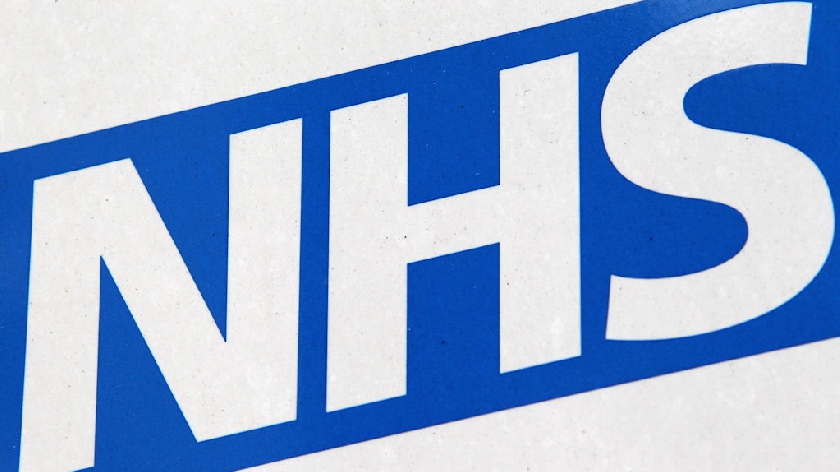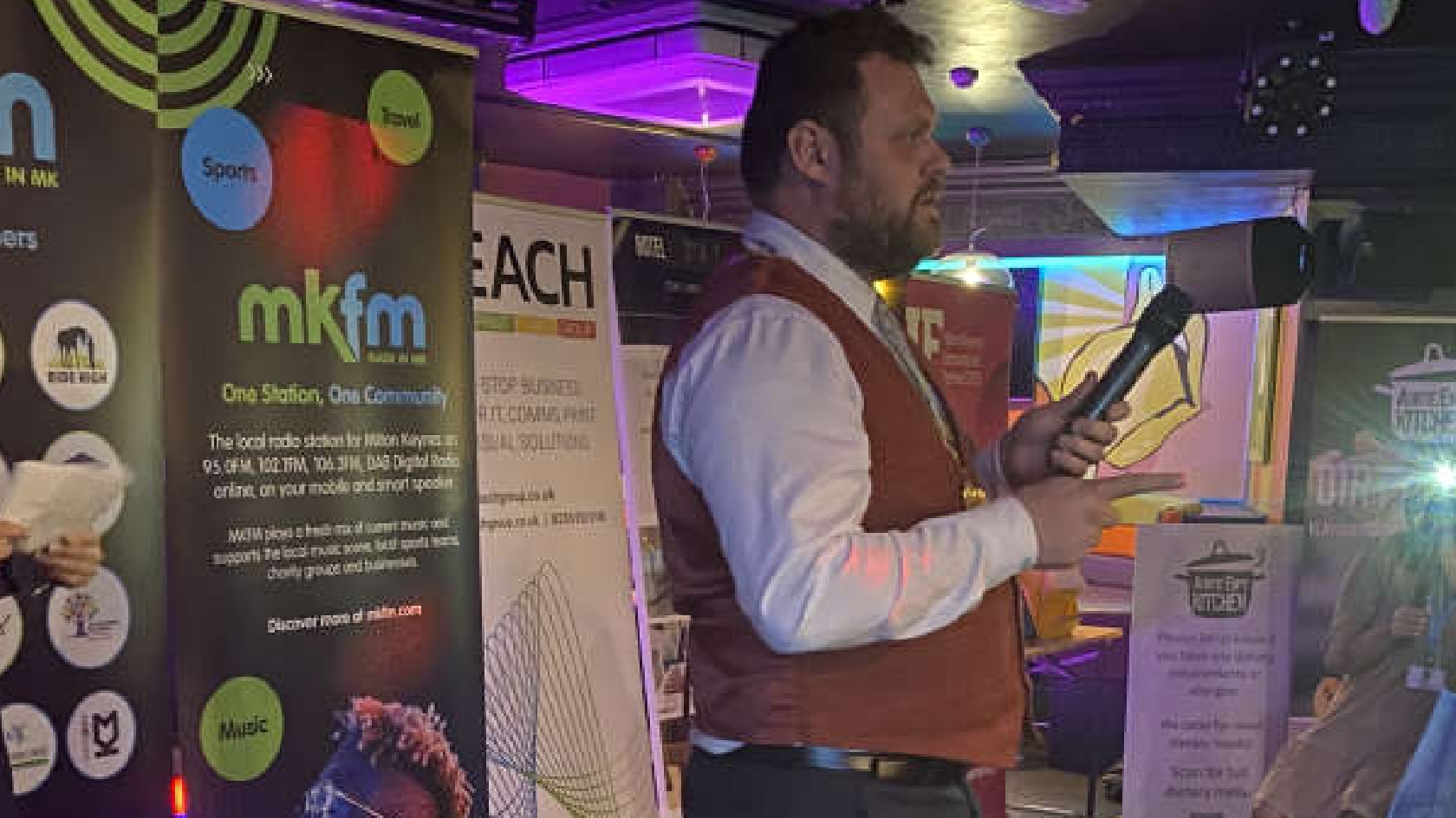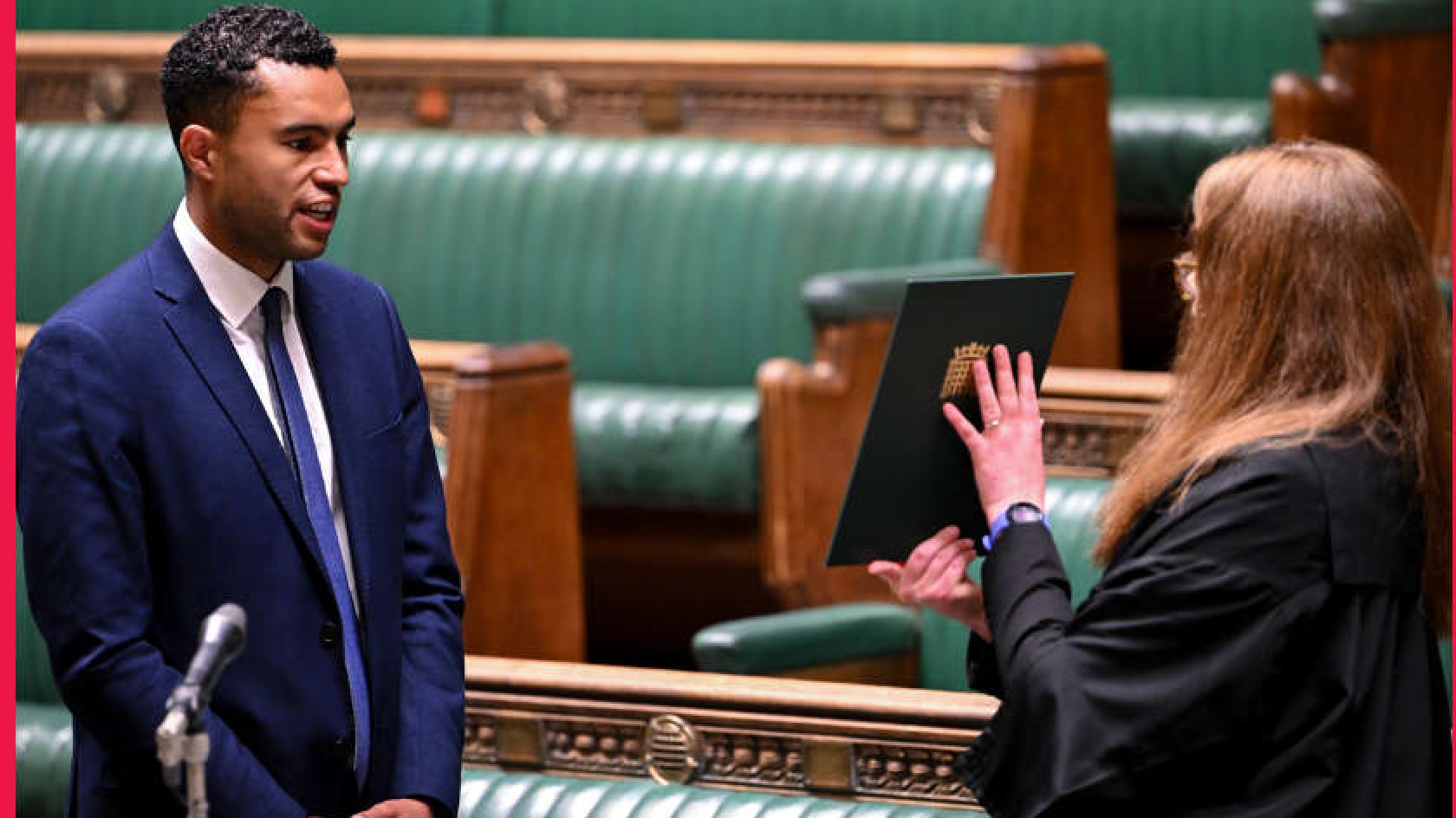
Pregnant women are being invited by the University of Oxford and the NHS to take part in the world’s first clinical trial to prevent type 1 diabetes in babies and infants.
Researchers want to find out if giving small amounts of oral insulin to babies on the National Institute for Health Research-supported trial can prevent type 1 diabetes, thus allowing mothers to protect their children from injecting insulin.
Pregnant women visiting the maternity clinics in Berkshire, Buckinghamshire, Milton Keynes and Oxfordshire are first being asked to take part in a study to identify the risk of their child developing type 1 diabetes.
Blood is routinely collected from newborns for screening tests for rare but serious conditions such as cystic fibrosis and sickle cell disease by taking blood from a small prick to the heel, which is then stored on a card.
The Investigating Genetic Risk for type 1 Diabetes (INGR1D) study is asking women for consent to analyse a small part of the blood sample for genetic risk of type 1 diabetes.
About one percent of children will have genes, indicating a high risk (greater than 10%) for type 1 diabetes. Researchers want to screen 30,000 babies in Berkshire, Buckinghamshire, Oxfordshire and Milton Keynes over three years, to identify 300 at increased risk of this disease.
The parents of infants identified to have a higher risk of type 1 diabetes will then be offered an opportunity to take part in the Primary Oral Insulin Trial (POInT trial) to see if daily spoon feeding high-risk children small doses of insulin powder can prevent them from developing type 1 diabetes.
Participants on the trial are given the powder or a placebo (dummy drug), to compare the two. Neither the researchers nor participants are told which they will receive - a common practice in research to prevent bias from affecting the trial results.
Parents are asked to give their children insulin powder daily until they are three years old. They will have visits from the research team to monitor the child’s health.
It is hoped that spoon feeding insulin powder can train the immune system to tolerate the body’s own insulin to prevent the onset of type 1 diabetes.
Type 1 diabetes is a lifelong condition where the pancreas does not produce insulin - which controls the amount of glucose in the blood - causing blood glucose levels to become too high. This can cause serious long-term health problems such as blindness, cardiovascular disease and stroke. There is up to now no treatment for preventing type 1 diabetes.
Selina Coleman from Bicester, Oxfordshire, whose daughter Zara was diagnosed with type 1 diabetes aged 13 months, welcomed the studies.
Mrs Coleman, 47, was advised to take Zara to A&E at the John Radcliffe Hospital by her GP in June 2007 because she was feeling unwell.
She says, “She was drinking excessively, she was very unhappy, and she was losing a lot of weight. A lot of the symptoms she was displaying were typical of diabetes so I rang the doctor who told us to go straight to A&E.”
The mother-of-two says, “She ended up in the high dependency unit at the John Radcliffe Hospital for three days and she was just a sea of pipes and leads and cables laying in a bed. It was a very challenging time.
“When you have a child you expect everything to run smoothly, so to be delivered the news that she was diagnosed with an incurable condition was a big blow and I was very upset at the time.
“You read about more and more children being diagnosed with Type 1 diabetes so it’s vital for this research to go ahead.”
Zara uses a pump - a portable device to deliver insulin through a tube placed under the skin - to control her diabetes.
Zara, now 12, says, “I can’t just eat what I want, I have to weigh up my food and work out how much insulin I need. I’ve got to always be focusing on it and have my attention on it. When I’m ill I usually feel a lot more ill than others and there are times where I’ve had to go into hospital because of it.
“Research into preventing diabetes sounds really amazing. For someone to have that chance to live without it and have that freedom would be great.”
The studies are part of the Global Platform for the Prevention of Autoimmune Diabetes (GPPAD) (see notes to editors) in which the Oxford University group represent the UK, along with four other European countries, led by the Helmholtz Zentrum München and Technical University München and funded by the Leona M. and Harry B. Helmsley Charitable Trust. The Oxford group also receives funding and support from the National Institute for Health Research (NIHR) (see notes to editors), the type 1 diabetes charity JDRF, Diabetes UK and the Wellcome Trust.
Dr Manu Vatish, Consultant in Obstetrics at the University of Oxford and Chief Investigator for INGR1D, says, “Newborn screening has been very effective in a detecting a number of rare conditions such as phenylketonuria, sickle cell disease and cystic fibrosis as well as inherited metabolic diseases. Knowing that there is an increased risk of type 1 diabetes can help us to identify babies that might ultimately benefit from the POInT trial.”
Dr Matthew Snape, Paediatric Consultant at the University of Oxford and Chief Investigator for POInT, says, “POInT is the first ever study aimed at primary prevention of type 1 diabetes, and in its approach represents an enormous breakthrough. Type 1 diabetes is a common, life long and challenging illness; preventing children and their families from having to live with diabetes and its threat of complications such as blindness, kidney or heart disease would be fantastic.”
For more information visit www.ingr1d.org.uk or contact ingr1d@wrh.ox.ac.uk / 01865 221 107.















